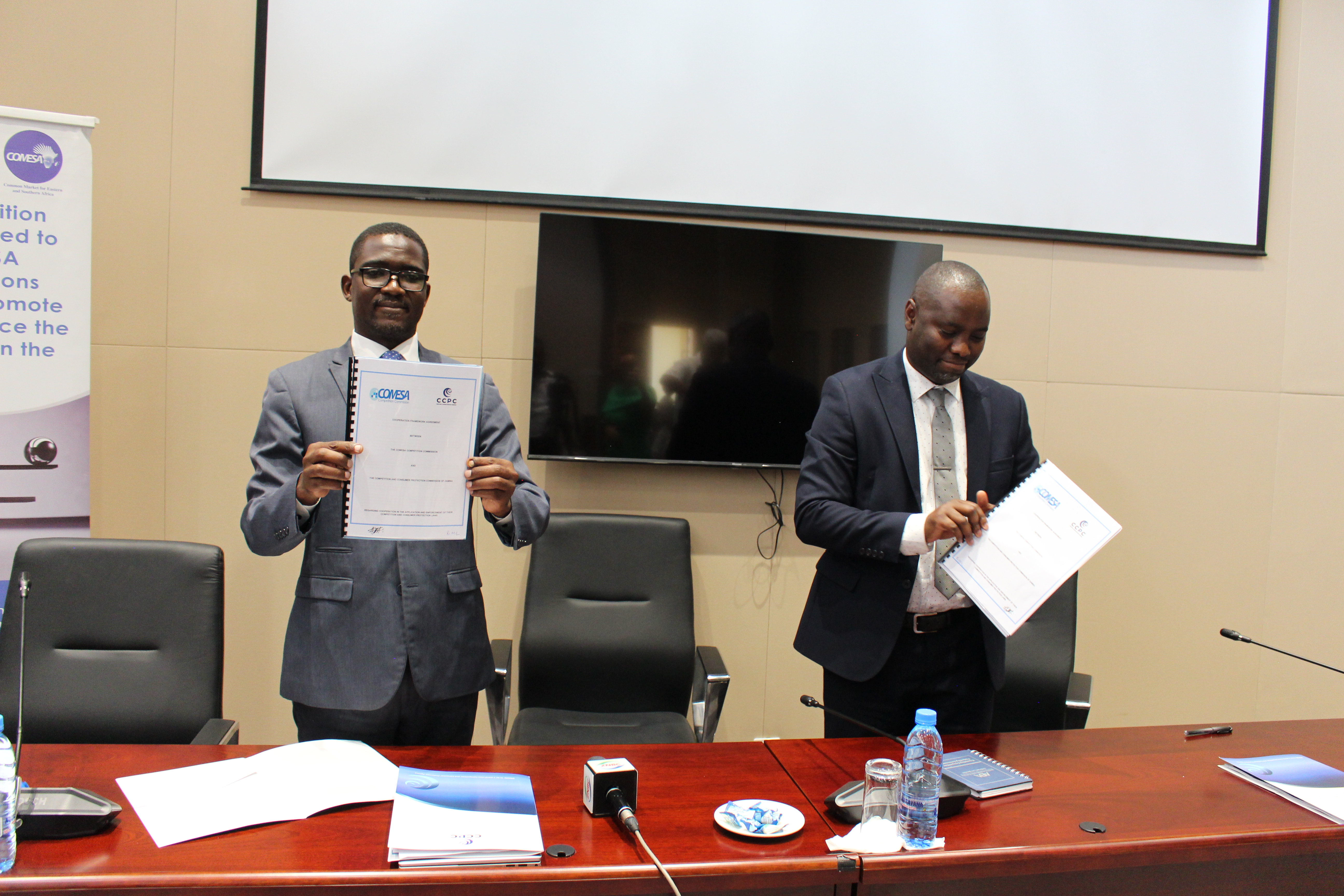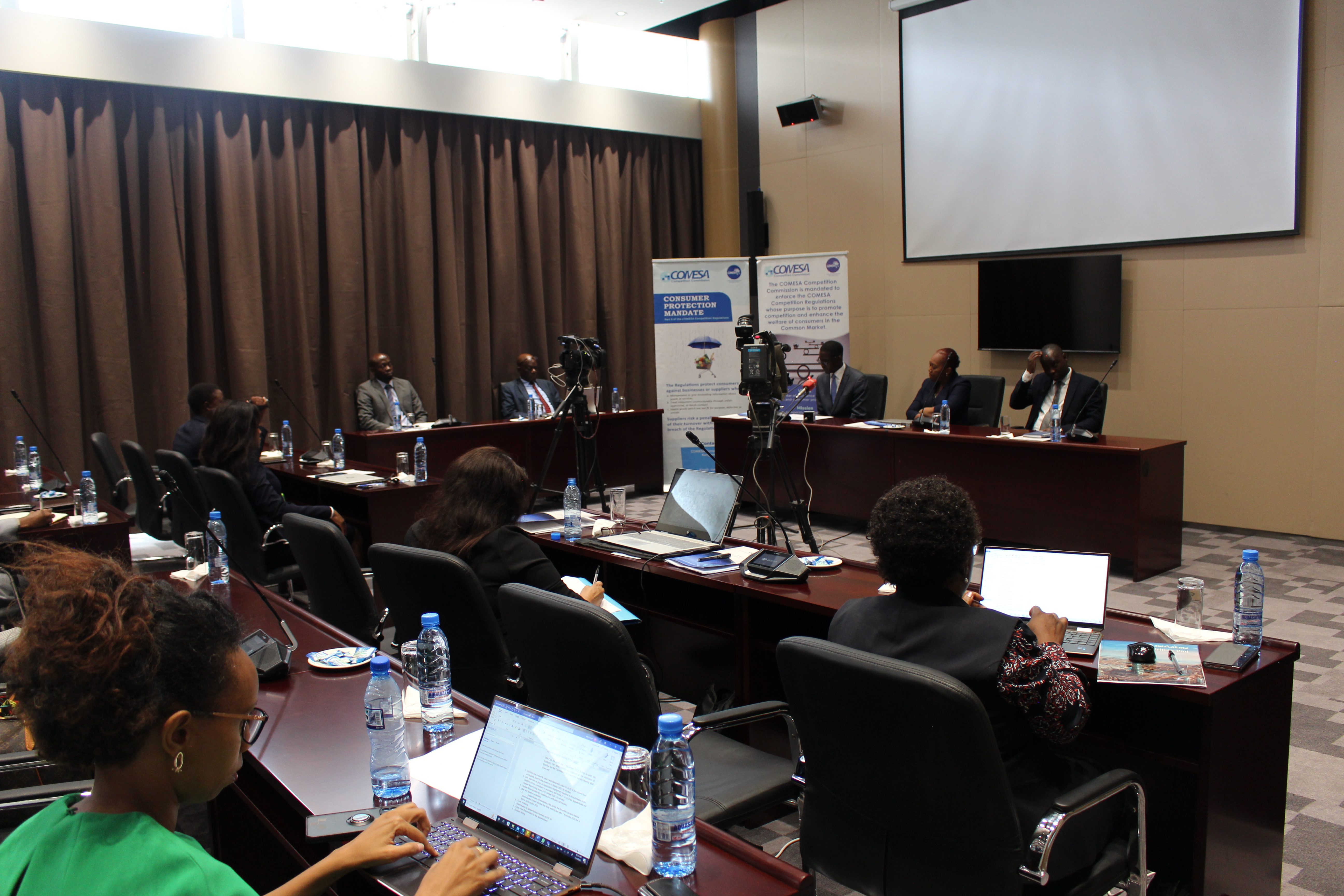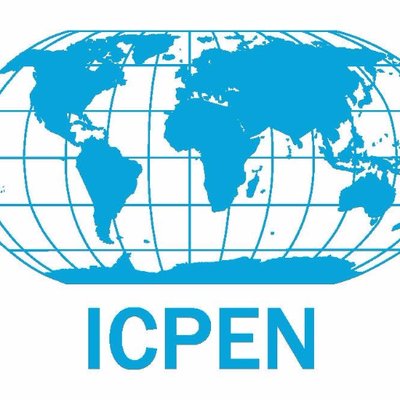Latest News
TENDER FOR THE PROVISION OF INSURANCE SERVICES TO THE COMPETITION AND CONSUMER PROTECTION COMMISSION (CCPC) ON A THREE-YEAR RUNNING CONTRACT (2022 – 2025)
2022-01-06
The Competition and Consumer Protection Commission (CCPC) has set aside funds in its 2022 budget for insurance services and intends to apply part of the proceeds to cover eligible payments under the contract for the provision of insurance services.
CCPC now invites Bids from eligible bidders for the provision of Insurance Services on a three-year running contract from 1st April 2022 to 31st March 2025 for the following:
|
Sn. |
Description |
Lot No. |
|
1. |
Provision of Group Life Assurance |
1 |
|
2. |
Provision of Group Personal Accident Insurance |
2 |
|
3. |
Provision of Comprehensive Motor Vehicle Insurance |
3 |
|
4. |
Provision of Insurance for Office Buildings |
4 |
|
5. |
Provision of All Risks Insurance |
5 |
The tender has been packaged in five (5) Lots and Bidders are allowed to bid for one or more lots provided they are eligible and meet the required qualifications stated in the Tender Document.
Bidding will be conducted using the Open National Bidding (ONB) procedures specified in the Public Procurement Act No.8 of 2020 and the Public Procurement Regulations of 2011 and is open to all Bidders eligible and meet the qualification criteria indicated in this Standard Bidding Document.
A complete set of the bidding document may be obtained by interested bidders upon payment of a non-refundable fee of K500.00 or its equivalent from the Procurement unit at the Competition and Consumer Protection Commission, 4th Floor Main Post Office, P.O Box 34919 Lusaka. The telephone Numbers are + 260 211 222787, Fax + 260 211 222789. HOWEVER, TELEFAX OFFERS WILL NOT BE ACCEPTED.
The bids should be appropriately bound, sealed and clearly marked TENDER FOR THE PROVISION OF INSURANCE SERVICES, Quoting the appropriate title of each LOT and must be deposited in the tender box situated at the CCPC Head Office, 4th Floor, Main Post Office Cairo Road, Lusaka on or before Friday, 28th January 2022 at 10:30 hours local time. LATE BIDS SHALL NOT BE ACCEPTED.
Secretary – Procurement Committee
For/ Executive Director
Competition and Consumer Protection Commission
Procurement Committee
Caution to Schools Directing or Forcing Parents or Guardians to Purchase School Items from Selected Suppliers.
2022-01-06
The Competition and Consumer Protection Commission (CCPC) has noted with concern the growing tendency of some schools who are in the habit of directing or forcing parents or guardians to purchase school uniforms and books among others strictly from selected suppliers or their schools.In light of this, schools are urged to only provide a general standard of the school items required without limiting where the parents/guardians should purchase them from. This conduct is anti-competitive as it distorts the competition landscape among the players in the provision of such items and is detrimental to consumer welfare as it deprives consumers of their choices.
CCPC therefore reiterates the fact that parents and guardians should be allowed to purchase school items such as uniforms and books among others from any source of their preference and should not be directed or forced to purchase items from a single source as long as such items are fit for purpose.
Further, CCPC would like to caution all schools that are involved in this practice that it will not hesitate to impose appropriate penalties on any schoolwhich violates the provisions of the Competition and Consumer Protection Act (CCPA) No.24 of 2010.
Mrs Namukolo Kasumpa
Black Friday Caution to Consumers
2021-11-23
The Competition and Consumer Protection Commission (CCPC) wishes to advise the general public to take caution during the Black Friday event which falls on 26th November,2021.The CCPC is aware that during this activity many businesses offer huge price discounts to consumers ranging from 25% to as high as 75%, while some firms are in a habit of hiking prices of their products and purporting discount bargains when in fact not.
In this light, the CCPC wishes to caution all consumers participating in this year’s Black Friday event to be alert of false or misleading sales promotions initiated to attract unsuspecting consumers to buying goods or services through an illusion of a special or reduced price.
CCPC is further advising consumers to consider conducting personal research on the products they intend to purchase by cross checking prices of items on promotion and make reference to older pricing in order to make an informed decision.
Consumers are further encouraged to request for receipts from their respective service providers as proof of purchase and lookout for return policies to be sure that the store will not charge them a restocking fee for any item which they may wish to return.
In addition, consumers are urged to keep documentations such as receipts, warranty and guarantee safe as that is useful to the Commission for initiation of investigations especially in an event where a consumer is denied redress.
The CCPC takes this opportunity to warn the traders not to involve themselves in deceptive and misleading sales promotions as that is prohibited under the Competition and Consumer Protection Act (CCPA) No.24 of 2010. Therefore, we will not hesitate to name and shame where anomalies are observed.
Namukolo M. Kasumpa
Compulsory Product Recall of Appletiser
2021-11-16
The Competition and Consumer Protection Commission (CCPC) has received a cautionary notice from the COMESA Competition Commission (CCC) informing the general public to avoid the purchase and consumption of some affected batches of Appletiser drinks suspected to contain mycotoxin (‘patulin’) above the permitted limit of 50 parts per billion (50ppb) for foodstuffs.According to the World Health Organization, patulin is a form of mycotoxin which when consumed in high levels may cause nausea, gastrointestinal disturbances and vomiting.
The warning comes after Coca-Cola South Africa (CCSA) company, the manufacturers of Appletiser initiated a voluntary recall on or around 23rdSeptember of some batches of Appletiser from the market in South Africa only, whereas it was established that Appletiser is imported and distributed into Common Market for Eastern and Southern Africa (Common Market), no such recall was announced or made.
In view of the above CCC requested CCSA to recall the affected products from the Common Market and issue a notice to the public indicating its distributors and related dealers in the Common Market to enable consumers identify where to return products.
Further they were directed to inform the public of any undertaking to replace the products or refund the price of the products and desist from exporting the same products to the Common Market until such a time when the defect is corrected and the general public is informed accordingly.
Considering that the recalled products are unsafe, and CCSA has not taken steps to recall them from the Common Market, CCC is hereby invoking Article 33 (2) of the COMESA Competition Regulations to issue a compulsory product recall notice to CCSA.
The specific batches of Appletiser can be identified by looking at the Best Before date which is stamped at the bottom or top of the products and have the following date codes as shown in the table below.
| Volume and type of Packaging | Date Code |
| 1250ml PET | BB 07NOV21 |
| 750 Non-Returnable Glass | BB 30MAY22 |
| 275ml Non-Returnable Glass | BB 10JUN22 |
| 330ml CAN | BB 18MAY22 |
| 330ml CAN | BB 19MAY22 |
| 330ml CAN | BB 23MAY22 |
In view of the foregoing, the CCPC is urging all Zambian consumers and traders to exercise caution by ensuring that they look out for the affected batches of Appletiser drinks for the good of their health and safety.
Further, we would like to advise all consumers who may have already purchased the affected products to report to any of our provincial offices across the country or call on the toll-free number 5678.










 International Consumer Protection
International Consumer Protection